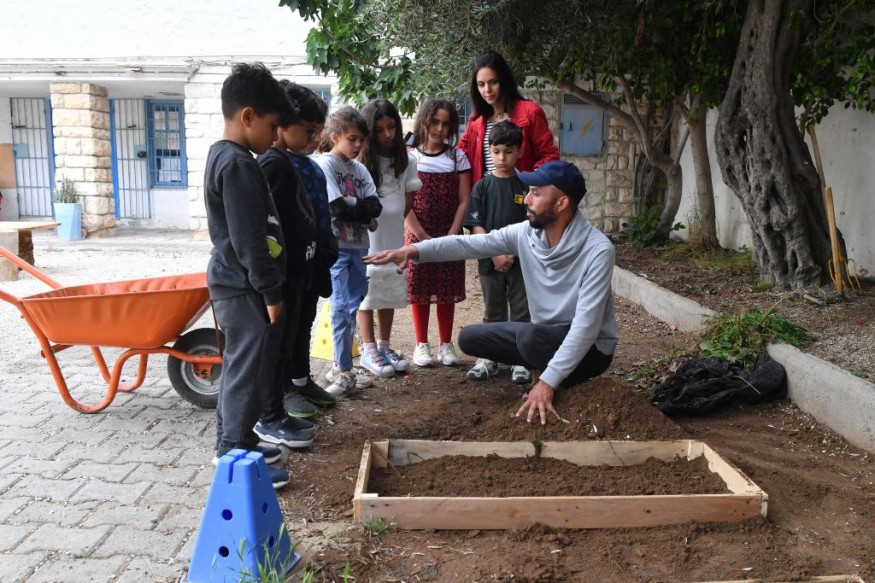Permaculture farming in Tunisia showed helpful for farmers to earn and adapt to drought conditions in the country. Tunisia farmers could find it difficult to farm due to the impacts of drought conditions. However, efforts were continued to help the farmers deal with and adapt to the drought.
Recently, France24 reported the drought-stricken country could impact the grain harvest of the country. The report noted that farmers braced for the effect of the drought on the country due to the lack of sufficient rainfall.
In addition, the report noted that the country's water reservoirs were almost dry, requiring emergency control or efforts from the government.
Permaculture farming in Tunisia

With the impact of dry conditions on farms, a new article published by AFP News Agency explained the contribution of permaculture to the farmers in Tunisia, dealing with the devastating effect of drought.
According to Permaculture Research Institute, permaculture is helpful because it manages to apply all the beneficial resources in farming.
Permaculture uses all resources, from water usage, to harvesting, and waste management. Farmers in Tunisia applied permaculture practices to deal with drought conditions. The report noted that permaculture helps work with the environment.
The Tunisian Association of Permaculture provided training with the farmers and equipment to start farming. Part of the initiative of the Plant Your Farm group helps with 50 micro-farmers to have their farms for over five years, AFP reported.
According to AFP, Saber Zouani, 37 years old, decided to go the path of permaculture farming after losing a job as a waiter. The report said that Zouani has a seven-acre farm in his come in Cap Negro that shows permaculture farming using traditional methods.
Zouani's farm is also called Om Hnia. The name is to give respect to his grandmother, and part of the plan is to launch an eatery in the future. In addition, the plants in his farms are from the seeds he cultivated.
Zouani saved everything he could. The report noted that he saved rainwater in his pond. He doesn't waste any drops, and water all plants when needed.
In terms of income, the report shared that his farm could generate about $100 per month or 300 dinars. His income also helps his family.
Animals, including cows, goats, chickens, and sheep, are also helpful for the composts and improve the fertilizer, which is vital to plants' growth.
Furthermore, the goal of the project is to inspire other Tunisian farmers or people that farming is viable amidst the drought conditions. It is also income-generating and helpful for families.
Tunisia drought
Recently, The Guardian reported the serious drought in Tunisia, as the country's reservoirs declined to capacity.
Also Read : Poison Ivy Weed Control: 5 Ways to Remove Allergenic Plant From Your Garden Before It's Too Late
The report said that Tunisia developed water rationing to save water. In April's report, the country disallowed the use of water for green plants, washing areas, and irrigation.
Related Article : Tree Diversity Helps Planting Success in Forests, Reports Show
For more similar, don't forget to follow Nature World News.
© 2025 NatureWorldNews.com All rights reserved. Do not reproduce without permission.





